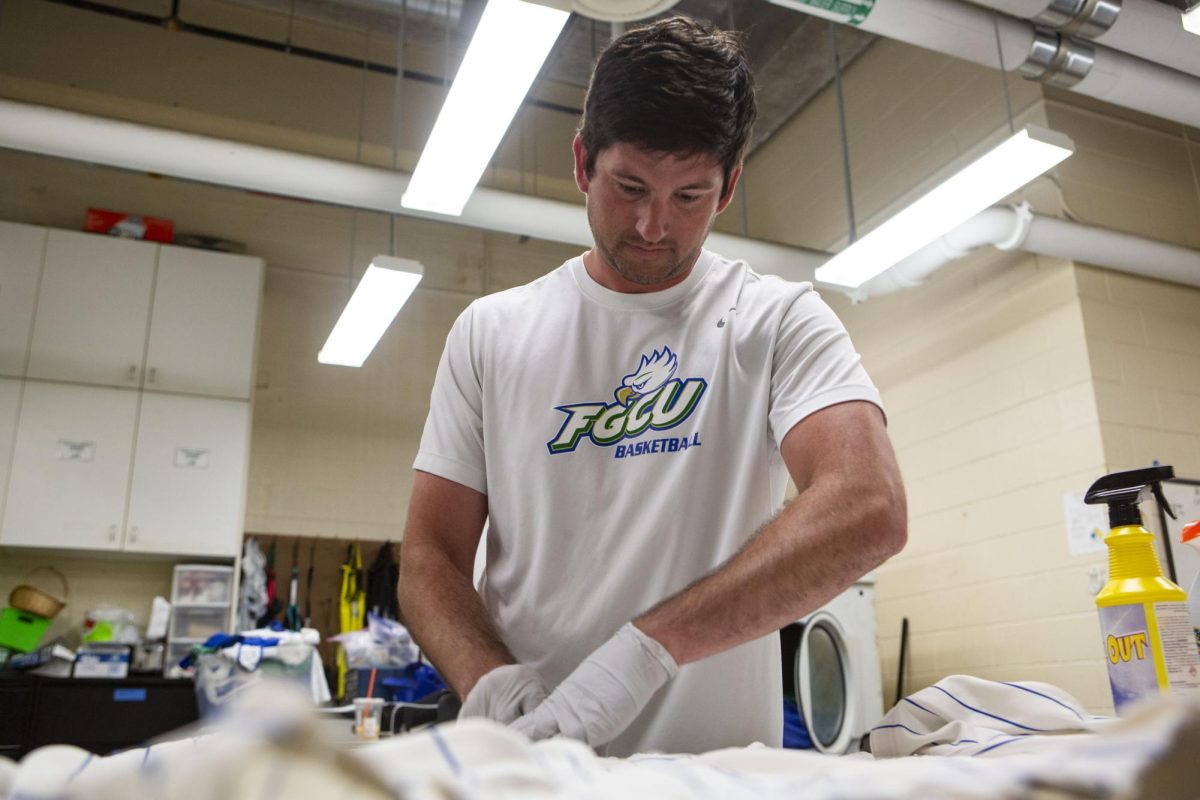A couple weeks ago, someone I knew from my hometown committed suicide. I am aware (thanks to the suicide prevention websites) that “died by suicide” sounds “less judgmental,” but suicide is murdering oneself. So, to pretend like suicide is a natural cause, like a stroke, is to water down and dismiss the horrific and intentional act of suicide. Suicide needs to be spoken about more openly, and those contemplating ending their lives should seek help.
Mental illness stigmas needs to come to an end. The American Foundation for Suicide Prevention (ASFP) reports that about 90 percent of the people who end their lives had a mental disorder and/or were involved in substance abuse at the time of death. In order for people to feel more open to seeking treatment, people need to drop the thought that those with mental illnesses are crazy, or weak, or that mental illnesses do not exist, or that mental illnesses are just a “phase.” People need to recognize that sometimes others live in a darkness people are oblivious to, and people should listen and/or encourage them to seek professional help.
Suicide is prevalent in America. According to the Centers for Disease Control, suicide is the 10th leading cause of death for Americans. Men have a higher rate of suicide, but women attempt suicide more than men. Based on the 2013 survey, men accounted for 79 percent of suicides in theU.S.
An Emory University study states suicide as the second-leading cause of death between people ages 25-34, and the third-leading cause of death between people ages 15-24.
There are many warning signs a person may display when they are thinking about ending their life. Some warning signs the AFSP lists that a person may exude when he/she is contemplating suicide are analyzed by three forms: talk, behavior, and mood.
A person may say he/she is going to kill him/herself, they have no reason to live, they are a burden to others, they feel trapped and/or they are in unbearable pain. A person may experience behavioral patterns such as an increased use of drugs (including alcohol), searching online for materials to kill themselves, withdrawing from activities and friends and family, unusual sleeping patterns, calling people to say goodbye, giving away possessions, acting recklessly and/or being aggressive. People considering suicide usually display at least one of the following moods: depression, rage, irritability, humiliation, anxiety, and/or lack of interest.
There is a light at the end of the tunnel, and it is not death. There is hope even if it does not seem to be in sight. The pain will stop with proper help. The pain may not stop immediately, but life does and will get better.
If you or someone you know is contemplating suicide, the National Suicide Prevention Lifeline is 800-273-8255. This service is free and available 24/7. This hotline provides support, information and local resources. Florida Gulf Coast University offers free counseling to students in the Counseling and Psychological Services (CAPS) department. CAPS offers group therapy as well. CAPS offers a 24 hour help line 239-745-3277.



































